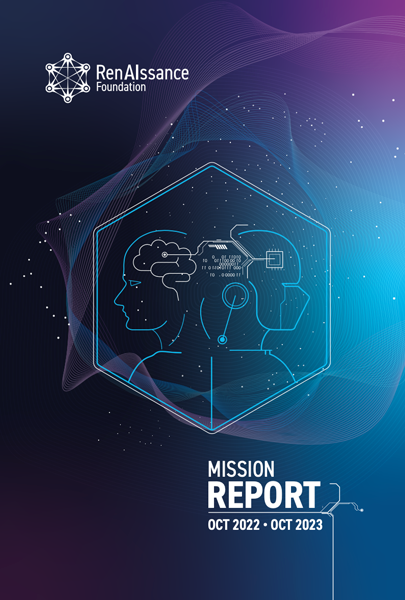
The Call for AI Ethics is a document signed by the Pontifical Academy for Life, Microsoft, IBM, FAO and the Ministry of Innovation, a part of the Italian Government in Rome on February 28th 2020 to promote an ethical approach to artificial intelligence. The idea behind it is to promote a sense of shared responsibility among international organizations, governments, institutions and the private sector in an effort to create a future in which digital innovation and technological progress grant mankind its centrality. Pointing to a new algorethics, the signatories committed to request the development of an artificial intelligence that serves every person and humanity as a whole; that respects the dignity of the human person, so that every individual can benefit from the advances of technology; and that does not have as its sole goal greater profit or the gradual replacement of people in the workplace.
The Rome Call for AI Ethics comprises 3 impact areas and 6 principles.

Download the 2023 Mission Report
The Three Impact Areas
Ethics
All human beings are born free and equal in dignity and rights.
Education
Transforming the world through the innovation of AI means undertaking to build a future for and with younger generations.
Rights
The development of AI in the service of humankind and the planet must be reflected in regulations and principles that protect people – particularly the weak and the underprivileged – and natural environments.
The Six Principles
.1 Transparency
AI systems must be understandable to all_
.2 Inclusion
These systems must not discriminate against anyone because every human being has equal dignity_
.3 Accountability
there must always be someone who takes responsibility for what a machine does_
.4 Impartiality
AI systems must not follow or create biases_
.5 Reliability
AI must be reliable_
.6 Security and Privacy
These systems must be secure and respect the privacy of users_